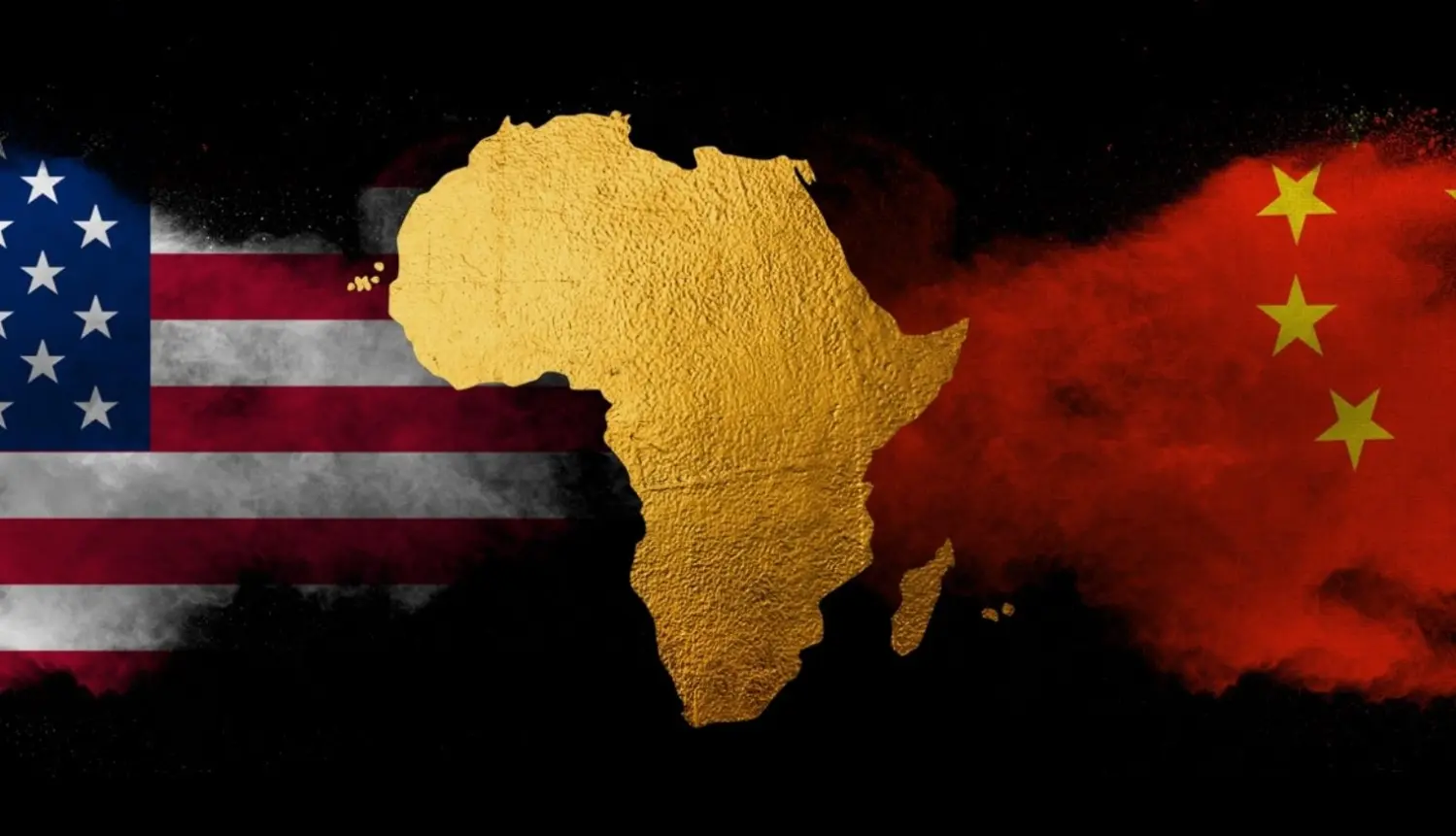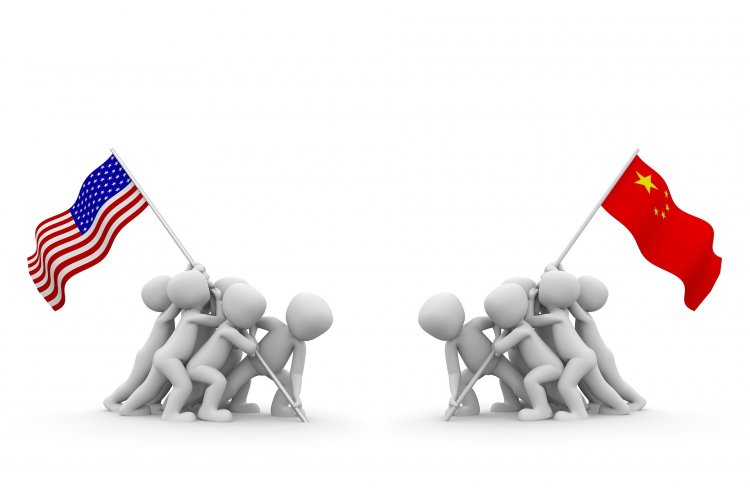Introduction: A Rising Power in a Resource-Rich Continent
As 2025 unfolds, China’s strategic influence in Africa is reaching new heights. From multimillion-dollar rail projects in East Africa to rare earth mineral deals in the Congo, Beijing’s growing presence is no longer just economic—it’s increasingly geopolitical. The surge in China’s Africa expansion is reshaping alliances, altering trade routes, and prompting responses from global powers like the U.S. and EU.
China’s involvement in Africa is not new, but the scale and ambition of its latest moves under the Belt and Road Initiative (BRI) signal a new era of influence. African leaders, meanwhile, are increasingly looking East for funding, infrastructure, and diplomatic alignment.
China-Africa Deals in 2025: What’s New?

Recent deals signed in early 2025 reflect the diversity of China’s interests:
- Kenya: China secured a new high-speed railway contract linking Nairobi to Mombasa’s industrial free zone.
- Nigeria: A $4.2 billion oil refinery modernization project, financed by China Development Bank, is underway.
- DR Congo: China’s Zijin Mining Co. expanded cobalt extraction contracts, key to global EV supply chains.
According to Financial Times, China has signed over $20 billion in new African deals in the first five months of 2025 alone—outpacing the U.S., EU, and Japan combined.
Why Africa? China’s Strategic Calculus
Beijing’s strategy focuses on four key objectives:
- Resource Access: Africa is rich in lithium, cobalt, oil, and rare earths—essential for China’s industrial and tech ambitions.
- Infrastructure Diplomacy: China builds roads, bridges, ports, and railways in return for political leverage and trade access.
- Market Expansion: Africa’s 1.4 billion people represent a growing consumer base for Chinese goods and services.
- Global South Solidarity: China positions itself as a leader of the Global South, counterbalancing Western dominance.
Debt-Trap Diplomacy or Mutual Development?
Critics argue China is ensnaring African nations in a “debt-trap,” exchanging large loans for strategic control of assets when repayments falter. Cases like the Hambantota Port in Sri Lanka raise alarm bells about similar outcomes in African countries.

However, African leaders push back on this narrative. In a recent speech, South African President Cyril Ramaphosa stated: “Chinese partnerships bring infrastructure and investment where the West only offered lectures and conditions.”
Geopolitical Tensions: West Eyes China’s Moves
The U.S. and EU have responded by launching their own alternatives, such as the G7’s Build Back Better World (B3W) Africa strategy. But China’s head start, speed, and no-strings-attached diplomacy remain unmatched. Military analysts also warn that some of China’s port projects may serve dual-use purposes, potentially hosting future PLA Navy logistics hubs.
Conclusion: Africa as the New Global Battleground
China’s growing presence in Africa is more than just a development story—it’s a geopolitical power game. As new deals are signed, old alliances shift, and global influence tilts. Whether this transformation will foster sustainable development or deepen dependence is still unfolding. But one thing is clear: the balance of global power increasingly runs through African capitals.

To track Africa’s evolving global role, follow our Geopolitics section and stay updated on emerging strategic alliances.










